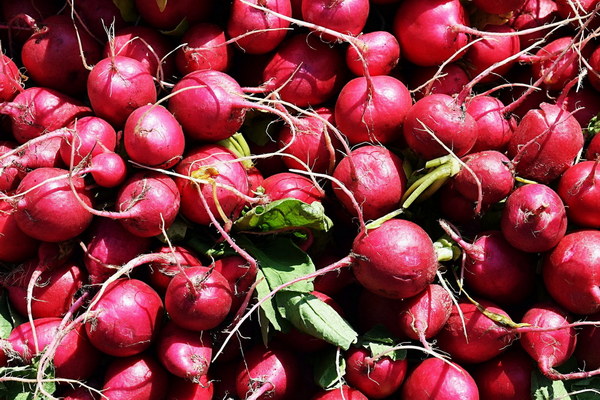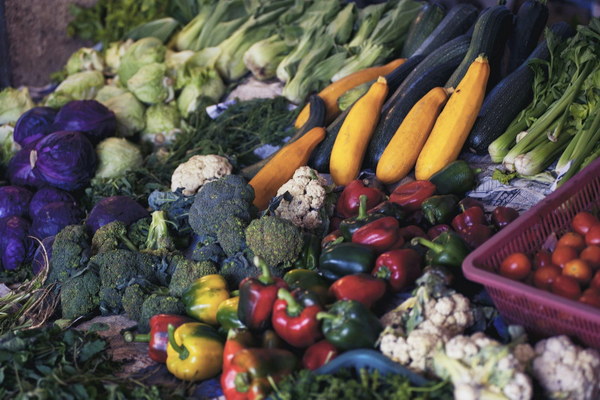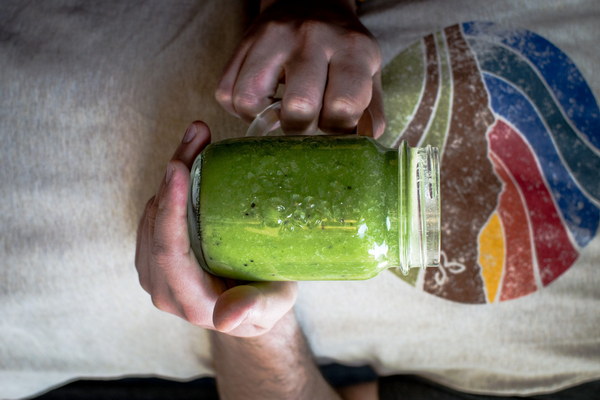Does Chive Promote Kidney Health Exploring the Potential Benefits of Chive for Kidney Function
Introduction:
Chive, a popular herb known for its vibrant green color and distinct flavor, has been used for centuries in traditional medicine. While many people are familiar with chive's culinary uses, there is a growing interest in its potential health benefits. One such benefit is the claim that chive may promote kidney health. In this article, we will explore the science behind this claim and discuss the potential benefits of chive for kidney function.
Understanding Kidney Health:
The kidneys are vital organs responsible for filtering waste products from the blood, regulating fluid balance, and maintaining electrolyte levels. When the kidneys are not functioning properly, it can lead to a range of health issues, including kidney disease, hypertension, and cardiovascular disease. Therefore, it is crucial to maintain kidney health and explore natural remedies that may support kidney function.
The Claim: Does Chive Promote Kidney Health?
The claim that chive promotes kidney health primarily stems from its nutritional content and traditional uses in folk medicine. Chive is rich in vitamins, minerals, and antioxidants, which are essential for overall health, including kidney health. However, scientific evidence supporting this claim is limited, and further research is needed to establish a definitive link between chive and kidney health.
Nutritional Content of Chive:

Chive is a nutrient-dense herb that offers several health benefits. Here are some key nutrients found in chive:
1. Vitamin K: Essential for blood clotting and bone health, vitamin K is abundant in chive. Adequate vitamin K intake is crucial for kidney patients, as it can help prevent kidney stones and support bone health.
2. Vitamin C: A powerful antioxidant that helps protect the kidneys from oxidative stress, vitamin C is also found in chive. Vitamin C may also aid in the absorption of iron and reduce the risk of kidney stones.
3. Calcium: Although calcium is often linked to kidney stones, chive contains a small amount of calcium that may help maintain a healthy balance in the body.
4. Potassium: An essential electrolyte that helps regulate fluid balance and blood pressure, potassium is found in chive. Adequate potassium intake is vital for kidney health, as it can help prevent kidney disease and hypertension.
5. Fiber: Chive is a good source of dietary fiber, which can help improve gut health and reduce the risk of kidney stones.
Traditional Uses of Chive for Kidney Health:
In traditional medicine, chive has been used to treat various kidney-related conditions. Some of the traditional uses include:
1. Kidney Stones: Chive has been used to help dissolve kidney stones and prevent their formation. The high vitamin C content and diuretic properties of chive may contribute to its effectiveness in this area.
2. Kidney Infection: Chive has been used to treat kidney infections, as it has antibacterial properties that may help combat the infection.
3. Edema: Chive has been used to reduce swelling and edema, which can occur due to kidney disease or kidney failure.
Scientific Evidence:
While traditional uses and anecdotal evidence suggest that chive may promote kidney health, scientific research is limited. However, some studies have explored the potential benefits of chive for kidney function:
1. A study published in the Journal of Ethnopharmacology found that chive extract may have anti-inflammatory and antioxidant properties, which could potentially benefit kidney health.
2. Another study published in the Journal of Medicinal Food reported that chive extract may have a protective effect on kidney cells, suggesting its potential use in the treatment of kidney diseases.
Conclusion:
While there is limited scientific evidence to support the claim that chive promotes kidney health, the nutritional content and traditional uses of chive suggest that it may offer some benefits for kidney function. Incorporating chive into a balanced diet may be a safe and natural way to support kidney health. However, it is crucial to consult with a healthcare professional before making any significant changes to your diet or treatment plan, especially if you have pre-existing kidney conditions or are taking medication for kidney-related issues.









